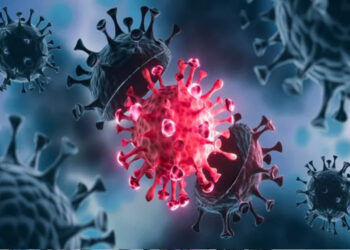Chinese scientists have achieved a major medical milestone by curing a patient’s diabetes with an innovative cell therapy. The study, detailed in the journal Cell Discovery, reports the successful treatment of a 59-year-old man with type 2 diabetes.
This groundbreaking achievement, made by a team of doctors and researchers from Shanghai Changzheng Hospital, the Centre for Excellence in Molecular Cell Science under the Chinese Academy of Sciences, and Renji Hospital, was published in Cell Discovery on April 30.
The patient, who had been managing diabetes for 25 years with daily insulin injections, underwent a novel cell transplant in July 2021. This procedure involved creating lab-grown replicas of insulin-producing islet cells from the pancreas, which were then transplanted into the patient.
As reported by the South China Morning Post, the treatment was remarkably successful. Within eleven weeks, the patient no longer needed external insulin. Over the next year, he gradually reduced and eventually ceased taking oral medication for blood sugar control. Follow-up examinations showed restored function in his pancreatic islet cells, allowing him to remain medication-free for over 33 months.
China, home to the highest number of diabetes patients in the world, faces a significant healthcare challenge. The International Diabetes Federation reports that 140 million people in China have diabetes, with 40 million requiring lifelong insulin injections. This new cell therapy has the potential to significantly alleviate this healthcare burden.


































